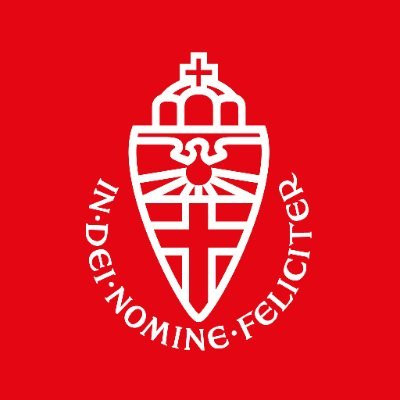-
Description: Are you eager to learn how soil microbiota protect plants from drought stress? Do you have a passion for teaching? Then join the Department of Ecology at Radboud University as an Educational PhD candidate!
Climate change is increasing the frequency and severity of extreme drought events. Extreme drought severely impairs plant growth, reshapes soil biogeochemical processes, and disrupts interactions between plants and soil microbiota. Thus, extreme drought events result in loss of plant and soil community diversity, functioning and stability to future disturbances.
However, mounting evidence shows that long-term exposure to drought induces priming effects that increase plant resilience to subsequent drought events, and that soil microbiota are key players in reducing plant drought stress and enhance plant recovery. The aim of this project is to uncover:
How long-term exposure of plants to drought stress reshapes plant-soil microbiota interactions;
How plant-soil microbiota interactions prepares plants to better overcome future drought events;
Whether beneficial plant-soil microbiota interactions are transferred from adult plants to their offspring to enhance their success in overcoming drought events.
To achieve these aims, you will collect plant, soil and microbial samples from fields, design mesocosm and greenhouse experiments, and perform laboratory work. Subsequently, you will perform microbial bioinformatics analyses and statistics to determine the mechanisms that enhance plant drought resilience. As lead author, you will publish your findings in scientific journals and present your results at national and international conferences.As an Educational PhD Candidate you will attend courses offered by the Graduate School of the Radboud Institute for Biological and Environmental Science, improving your research, assessment and critical thinking skills. You will also supervise students and coordinate courses at the BSc/MSc level and will be expected to follow the University Teaching Qualification (UTQ) track. Your teaching load may be up to 25% of your working time.
RIBES is committed to equality of opportunity, fairness and inclusivity, striving to be a place where everyone belongs. We aim to establish and maintain a diverse and inclusive community that fosters creativity and innovation in science. We welcome applications from individuals of all genders, ethnicities, sexual orientations, abilities, and backgrounds, and particularly encourage those from underrepresented groups to apply.
Profile
You hold a recent MSc degree in biology, ecology, microbiology, environmental sciences or another field related to the project topic.
You enjoy teaching and are motivated to combine research with teaching to obtain your UTQ.
You have experience in ecological data collection, are familiar with statistics, and enjoy programming in R.
You have a good command of spoken and written English at C1 level.We are
The Department of Ecology is a dynamic, collaborative and interdisciplinary team. We are a young and ambitious group of ecologists committed to preserving and promoting ecosystem health. Our department brings together aquatic and terrestrial ecologists who focus on plants, animals, microorganisms, and their interactions in a changing world. We are dedicated to conducting timely and innovative research that addresses both scientific and societal challenges. Your research will be integrated into ongoing studies in terrestrial ecology and plant-microbe interactions, with opportunities to collaborate with colleagues across departments and with national and international partners. Dr Dina in ‘t Zandt will be your main supervisor.We offer
We will give you a temporary employment contract (1.0 FTE 5- year contract - 0.8 FTE 6- year contract) of 1,5 years, after which your performance will be evaluated. If the evaluation is positive, your contract will be extended by 3.5 years (5-year contract) or 4.5 years (6-year contract).
You will receive a starting salary of €2,770 gross per month based on a 38-hour working week, which will increase to €3,539 from the fourth year onwards (salary scale P).
You will receive an 8% holiday allowance and an 8,3% end-of-year bonus.
You will be able to use our Dual Career and Family Support Service. The Dual Career Programme assists your partner via support, tools, and resources to improve their chances of independently finding employment in the Netherlands. Our Family Support Service helps you and your partner feel welcome and at home by providing customised assistance in navigating local facilities, schools, and amenities. Also take a look at our support for international staff page to discover all our services for international employees.
You will receive extra days off. With full-time employment, you can choose between 30 or 41 days of annual leave instead of the statutory 20.
-
Fields
Ecology
-
Qualifications
Master
-
Share Position


